Gaza’s Hamas terrorists rulers said Wednesday they had agreed to a cease-fire with Israel to end the violence that saw more than 100 rockets fired at Israel and a strong IDF response. It was the largest flare-up of violence between the sides since a 2014 war.
Khalil al-Hayya, a senior Hamas official, said Egyptian mediators intervened “after the resistance succeeded in warding off the aggression.” He said terror groups in Gaza will commit to the cease-fire as long as Israel does.
Israeli Cabinet minister Arieh Deri told Israel’s Army Radio that he expected calm to be restored.
“If it will be quiet, we will respond with quiet. We’ve given Hamas a chance to prove that we can return to routine … If they release the reins there will be a very painful strike,” he said. “There is a good chance that the routine will be restored after the blow the army unleashed on them.”
Lt. Col. Jonathan Conricus is reporting from a civilian home that was hit by a rocket earlier this morning pic.twitter.com/3HsEyAO9ie
— IDF (@IDFSpokesperson) May 30, 2018
This illustration depicts the rockets and mortars that terrorist organizations in the Gaza Strip fired at Israeli civilians pic.twitter.com/kZvxyq5NkW
— IDF (@IDFSpokesperson) May 30, 2018
The Israeli military struck dozens of terrorist sites in Gaza overnight as rocket fire continued toward southern Israeli communities into early Wednesday morning, setting off air raid sirens in the area throughout the night.
The military said it hit drone storage facilities, military compounds, and rocket and munition workshops across the Gaza Strip. The overnight Hamas rocket fire reached the city of Netivot for the first time since the 2014 war. A home was struck, but no one was wounded.
With neither side interested in a full-blown conflict, a tense calm appeared to be holding Wednesday as Israeli children went to school in the morning.
The border area has been tense in recent weeks as Palestinians have held mass protests aimed at lifting an Israeli-Egyptian blockade imposed after Hamas seized power in 2007.
A crippling Israeli-Egyptian blockade, imposed when Hamas took power, has meanwhile brought the local economy to a standstill.
Hamas initially billed the weekly border protests as a call to break through the fence and return to homes that were lost 70 years ago during the war surrounding Israel’s establishment. But the protests appear to be fueled primarily by a desire to ease the blockade. Gaza’s unemployment rate is edging toward 50 percent, and the territory suffers from chronic power outages.
(AP)

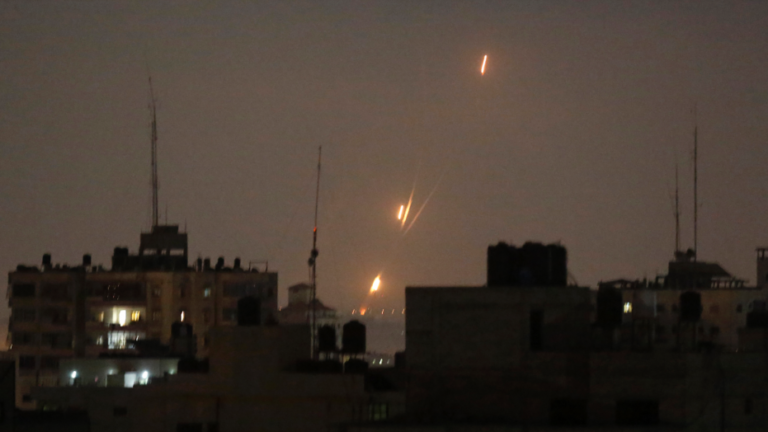
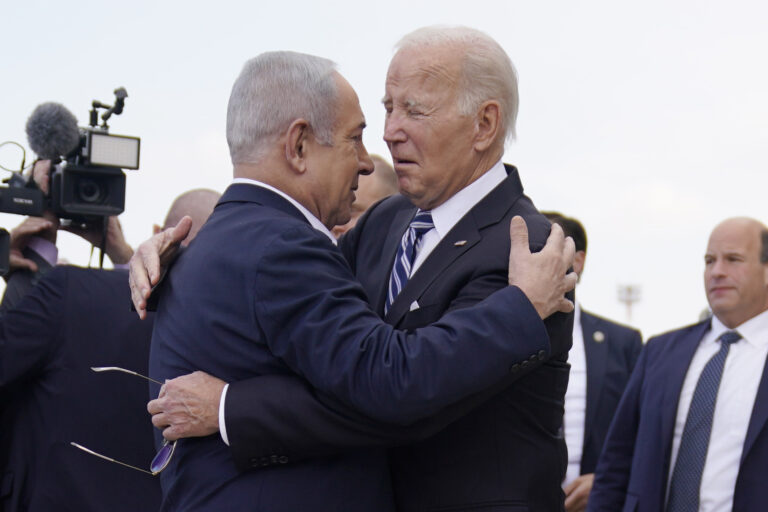

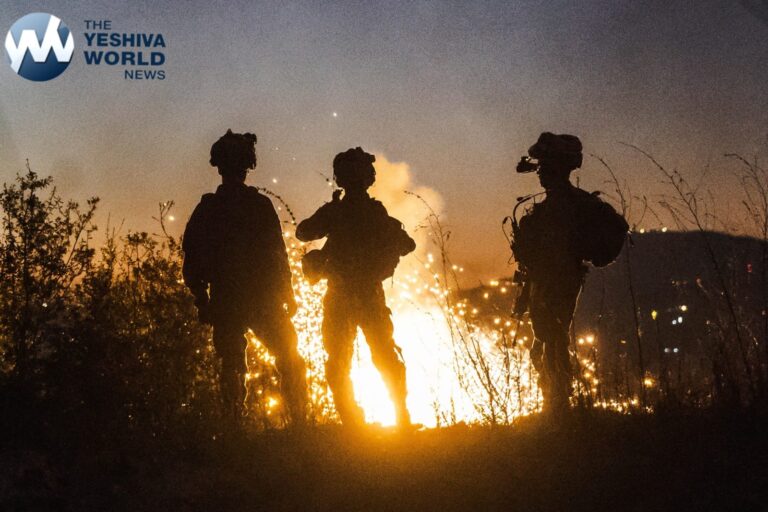

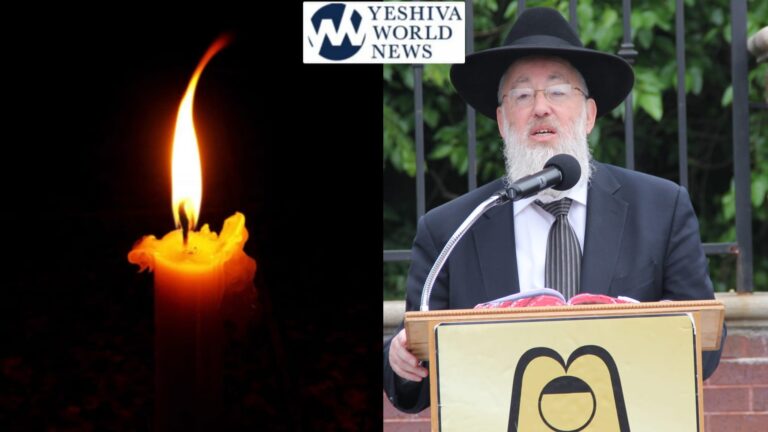
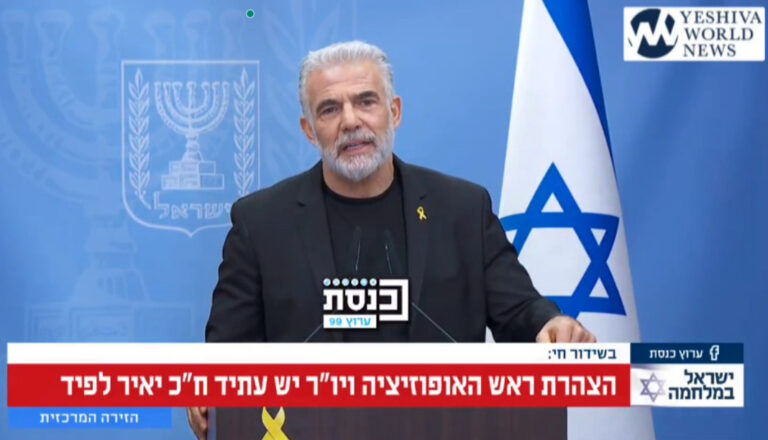
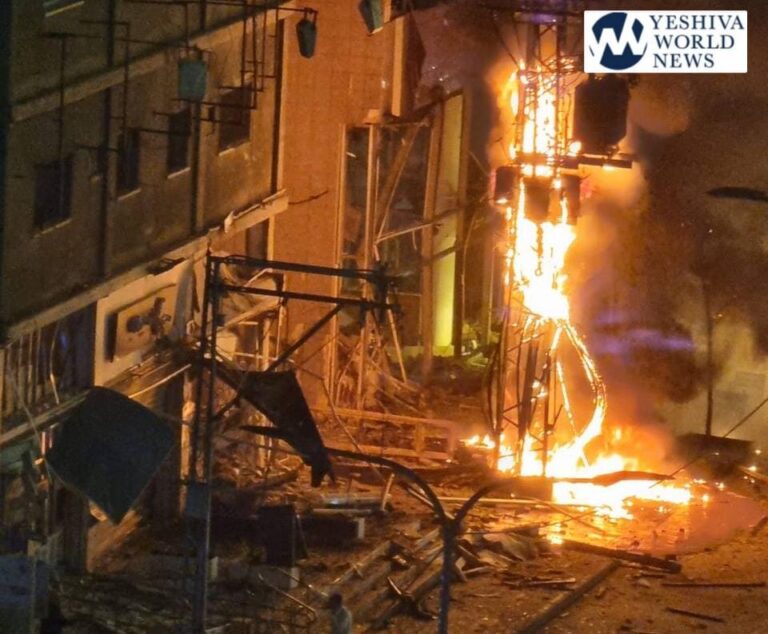
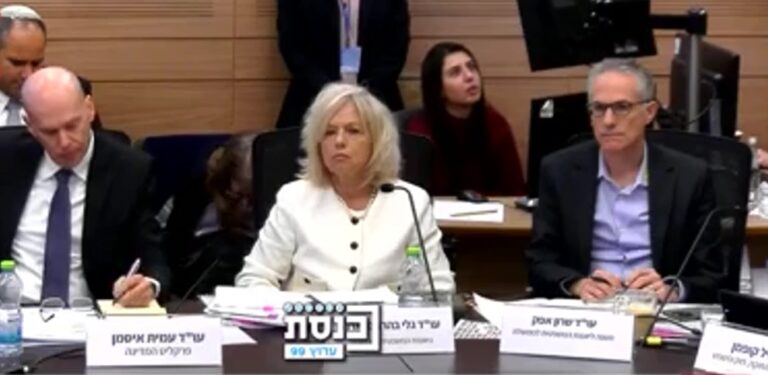
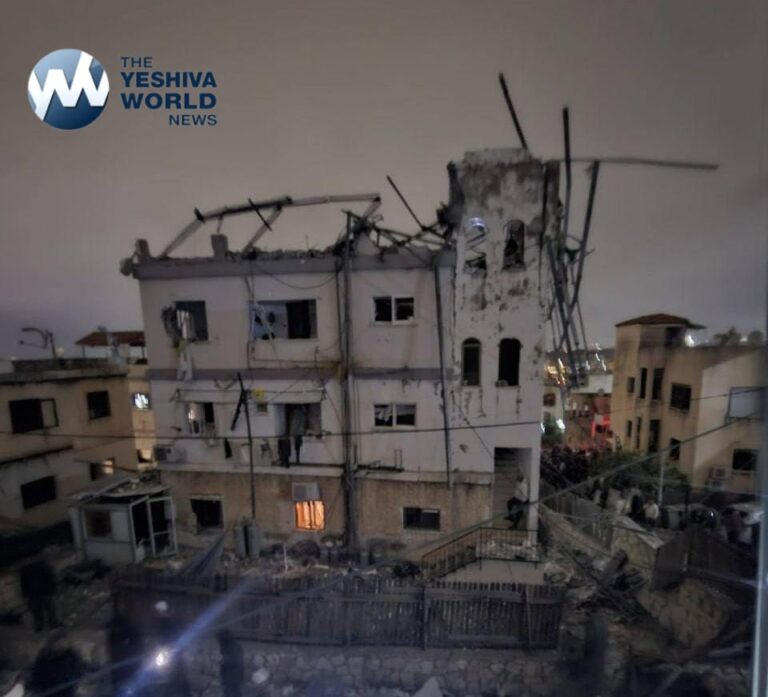

One Response
Practice run over?!